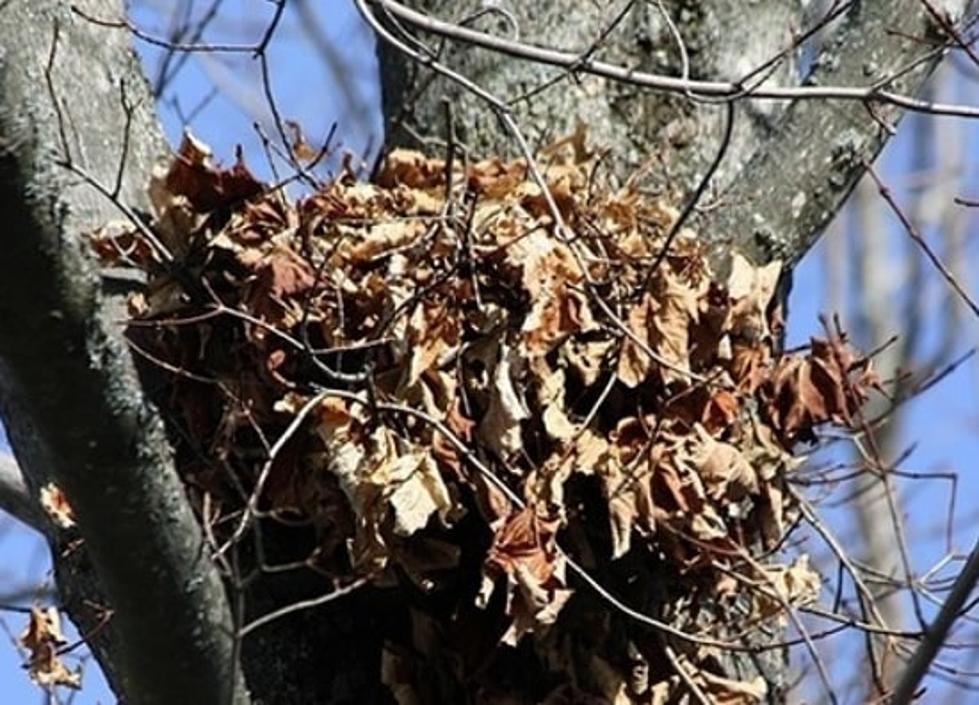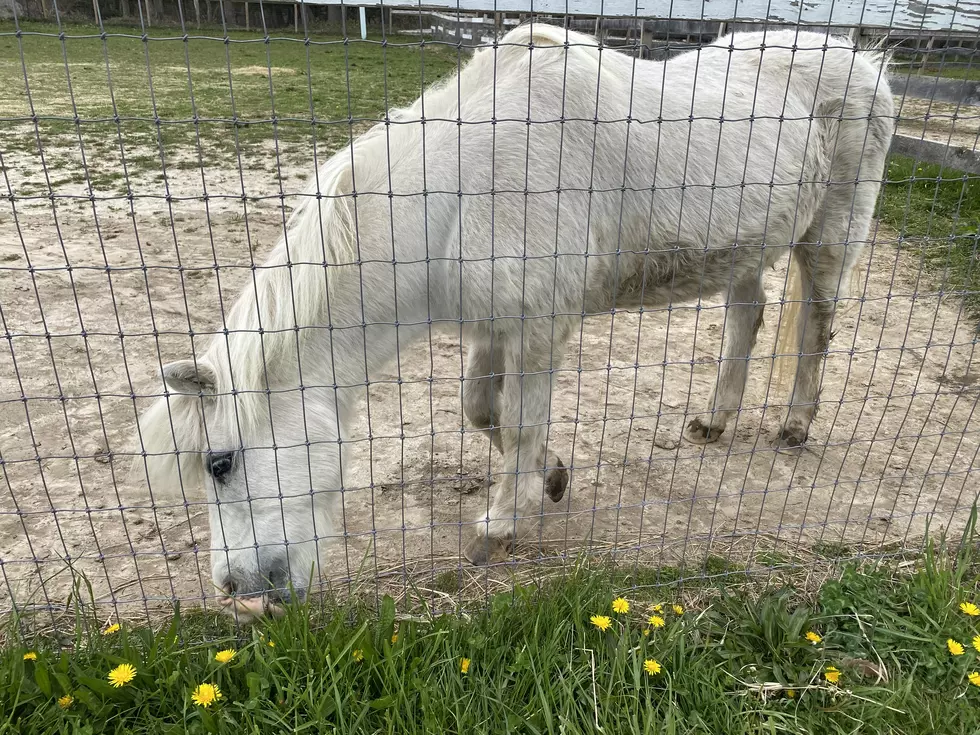
Monmouth County added to State list of spotted lantern fly quarantine zones
Monmouth County is among 5 counties being added to a new kind of quarantine list in the state of New Jersey.
Listen to Vin Ebenau mornings on Townsquare Media Jersey Shore Radio Stations, email him news tips here, and download our free app.
In a statement, New Jersey Secretary of Agriculture Douglas Fisher said Monday that the Department has added Morris, Monmouth, Middlesex, Essex, and Union Counties to their spotted lanternfly quarantine zone.
Thirteen of New Jersey's 21 counties are now under and in the lanternfly quarantine zone.
Burlington, Camden, Gloucester, Hunterdon, Mercer, Salem, Somerset, and Warren Counties were the first on the list.
You're being urged to be cautious when out in nature.
“The spotted lanternfly’s excellent hitchhiking skills on all types of transportation have allowed it to spread, making it necessary to expand the quarantine zone,” Fisher said in a statement. “While we have crews working throughout the state to treat infestations of the spotted lanternfly, we are seeking the public’s assistance by asking anyone who sees this pest to destroy it whenever possible.”
If you live and/or work in the quarantine zones, Secretary Fischer is asking you to take several precautionary measures checking your vehicles before leaving an area "as the spotted lanternfly has the ability hitchhike on any vehicle for several miles."
The Department of Agriculture said they are working to pass along the information you need to know to stay safe and ask that you follow these instructions:
- Residents in the quarantine area are required to use a checklist before moving any of the articles listed. The checklist serves to inform the public about the spotted lanternfly, including how to identify all life stages of the insect and minimize its movement.
- Business entities that routinely travel in and out of the quarantine area are required to take, and pass, free training regarding the spotted lanternfly.
- Those businesses that interact exclusively in New Jersey’s quarantine zone must comply with the details outlined in the quarantine order. The quarantine also allows access to property for Department, USDA, or USDA contracted agents where the spotted lanternfly is suspected or confirmed so that the property can be evaluated and treated, if necessary.
"The spotted lanternfly is currently in its adult stage and will begin laying its egg masses in September. While the spotted lanternfly cannot survive the winter, its egg masses can, and produce about 30 to 50 nymphs that hatch in the spring. While the spotted lanternfly is of no threat to humans or pets, it does feed on approximately 70 different kinds of vegetation. The pest prefers Tree of Heaven as its host. The Department is asking anyone who sees a spotted lanternfly to destroy it whenever possible and then go to www.badbug.nj.gov and click on the spotted lanternfly photo, and then fill out the report a sighting form."
SHOCKING: Jersey Shore's Most Heinous Animal Crimes
More From 94.3 The Point










